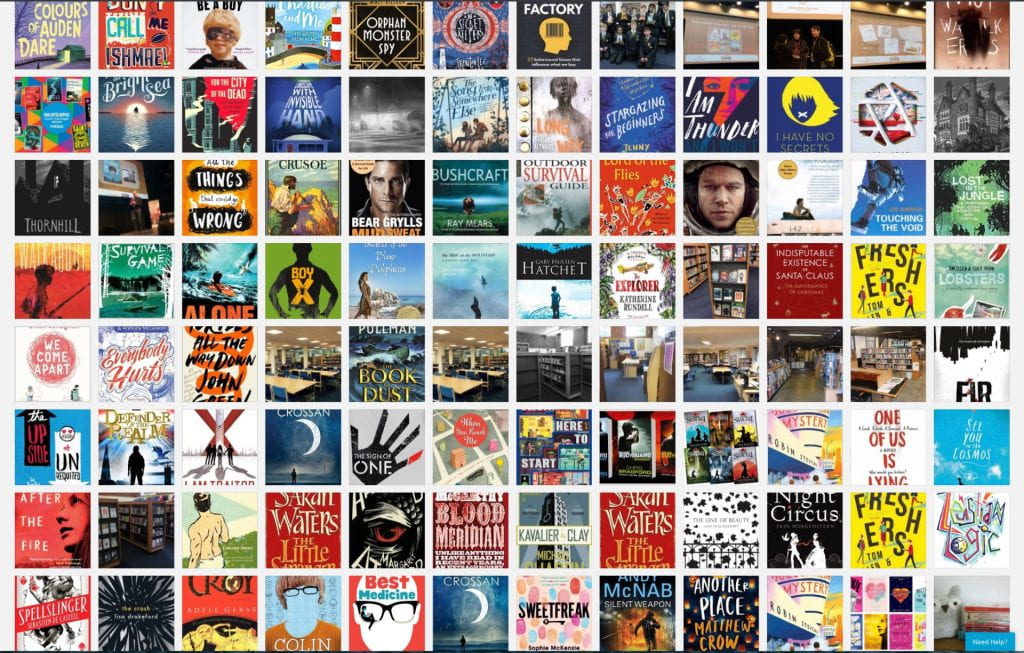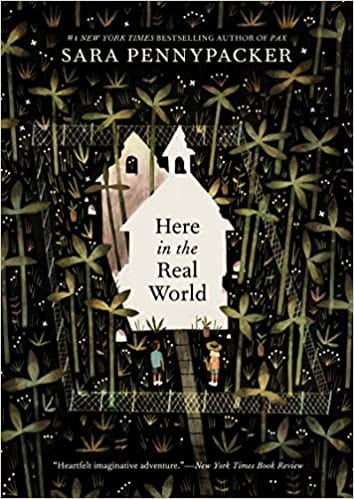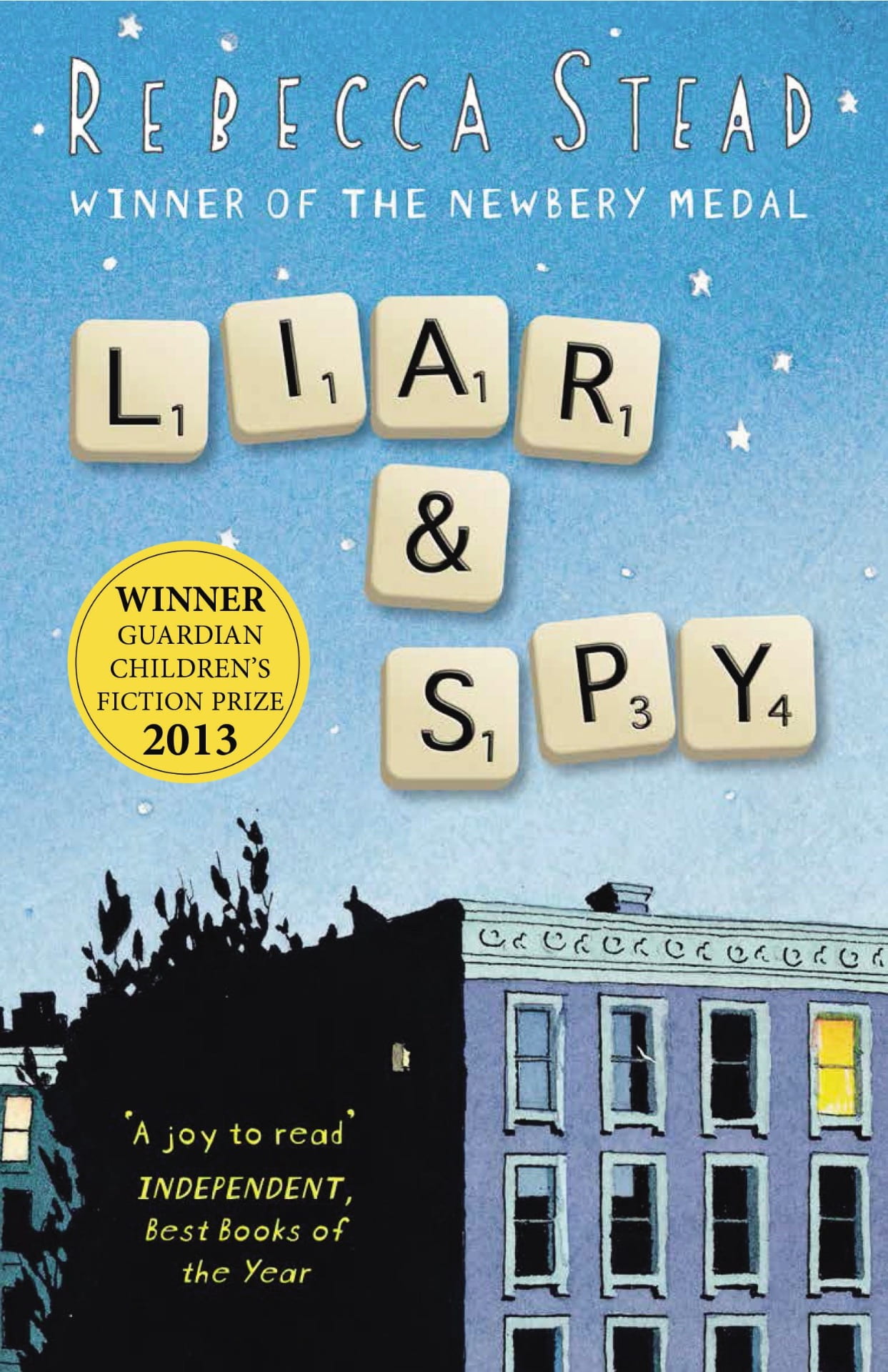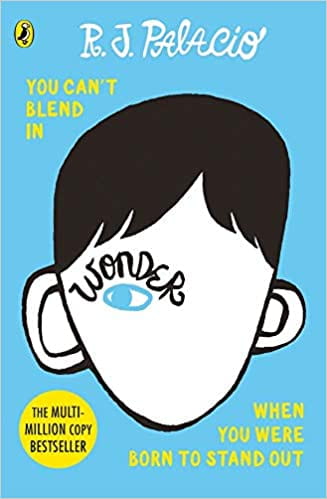The Short Knife by Elen Caldecott
Book of the Week: 1 November 2020
In this week’s book, we find ourselves in a Britain of darkness and confusion. The Romans left some years before and the invading Saxons are an ever-present danger, as Mai and her family are about to discover. When a visitation from Saxon strangers to their family farm results in Mai, her father and her sister, Haf, seeking sanctuary with Gwrtheyrn and his band of Britons in the Welsh hills, a tense, terrible and tragic series of events is set in motion.
This is a book where you can feel the hunger, smell the rot and wonder at the toughness and bravery of Mai who must try to survive in a brutal and alien environment. Expect plenty of tension and action expressed in some wonderfully lyrical writing.
If you enjoy historical adventures by writers like Rosemary Sutcliffe, or Joe Abercrombie’s Half a King then this is a must-read.
This is the 300th Book of the Week, which I started in January 2012 with This Dark Endeavour by Kenneth Oppel. For the first few years, the books were just displayed in the Library, until November 2014 when I started writing online reviews. In January 2015 the blog moved to this platform with the first choice being I Predict a Riot by Catherine Bruton. As much as I love judging book covers for their design (and I do always try to credit designers for their work) you can’t judge the contents of a book by its cover, as the old saying goes, which is why I started writing about the contents. We all need to find out a bit about a book’s plot before we decide to read it it – hence this blog and accompanying links on Twitter. If anyone has discovered a good read via this blog, then I’m happy. Endless thanks go to all the wonderful authors who write for young people and the often lovely acknowledgements they provide on social media.











